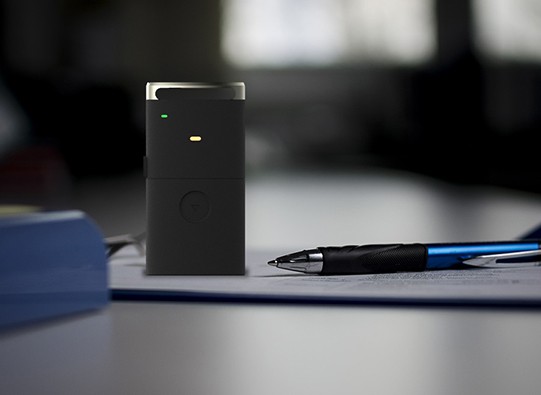
Does Bluetooth work in Space?
Have you ever wondered ‘does Bluetooth work in space’ before? Bluetooth, like any other wireless communication technology, relies on the transmission of electromagnetic waves, which can indeed function in space. The principles of Bluetooth technology are based on radio frequency (RF) transmissions, which do not require air or any other medium to propagate. Therefore, in the vacuum of space, Bluetooth can still operate.
When we think of space technology, we often envision advanced communication systems, far beyond the everyday tech we use on Earth. However, even familiar technologies like Bluetooth have potential applications beyond our atmosphere. But the question arises: Can Bluetooth, a technology designed for Earth’s environment, operate in the vastness of space?
Bluetooth in Space: A Technical Perspective
Bluetooth technology operates on the principles of radio frequency (RF) transmissions, which are a form of electromagnetic waves. These waves do not require air or any other medium to propagate, making Bluetooth fundamentally capable of functioning in the vacuum of space. This opens up intriguing possibilities for its use in extraterrestrial environments.
Range and Limitations
On Earth, Bluetooth is known for its short-range communication capabilities, typically effective up to 100 meters. In space, devoid of atmospheric attenuation, this range might see a slight increase. However, Bluetooth is not designed for long-distance communication. This is a significant limitation in the vast expanses of space.
Dealing with Interference and Noise
Space is a hostile environment with high levels of radiation and cosmic noise, which can interfere with electronic signals. Bluetooth signals, being relatively weak, might be susceptible to such interference, posing a challenge for its reliable operation in space.
Hardware Considerations
The extreme conditions of space – including severe temperatures, radiation, and the vacuum – necessitate robust hardware. Standard Bluetooth devices, as used on Earth, may not withstand these harsh conditions without special design modifications or protective measures.
Power Efficiency in Space Missions
Space missions are often constrained by strict power budgets. Bluetooth, being a low-power technology, has an advantage in this regard.
Practical Applications
In the confined quarters of a spacecraft or space station, Bluetooth could serve a practical purpose, similar to its uses on Earth. It could facilitate the transfer of data between instruments or connect peripheral devices like keyboards, mice, or headphones to computers, offering a convenient, wire-free environment.
Conclusion
In conclusion, while Bluetooth is technically capable of operating in space, its practical application depends on various factors. These include the specific needs of the space mission, the resilience and design of the hardware to withstand space conditions, and considerations around power consumption and signal interference. As we continue to explore and inhabit space, the adaptation and use of technologies like Bluetooth could play a small but significant role in our extraterrestrial endeavors. But overall, yes, Bluetooth works in space, under the right conditions (like anything else).
Finally, see GateKeeper Enterprise advanced MFA in action.
Take a self-guided tour of how you can evolve from passwords. Then you're really saving time with automation.




